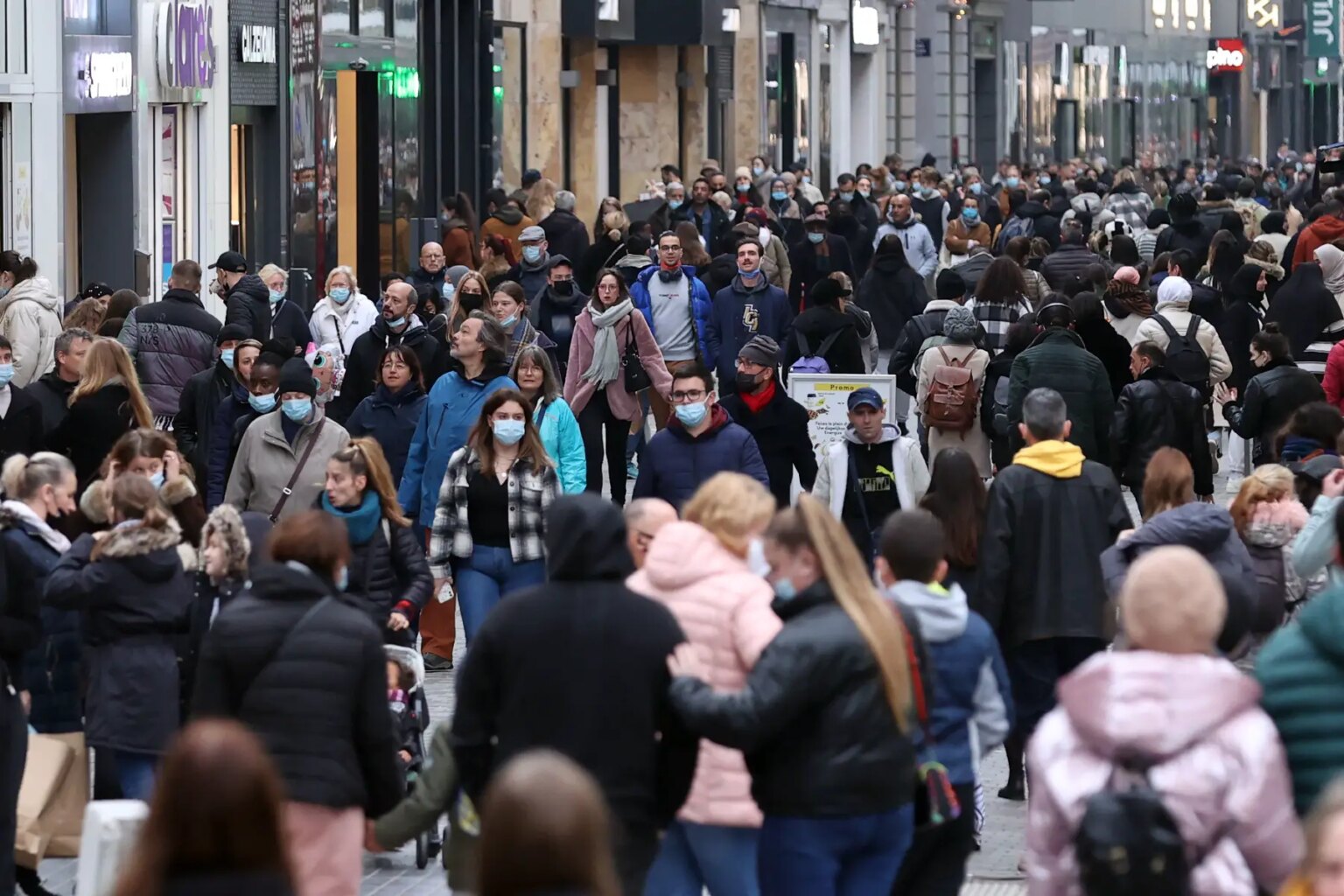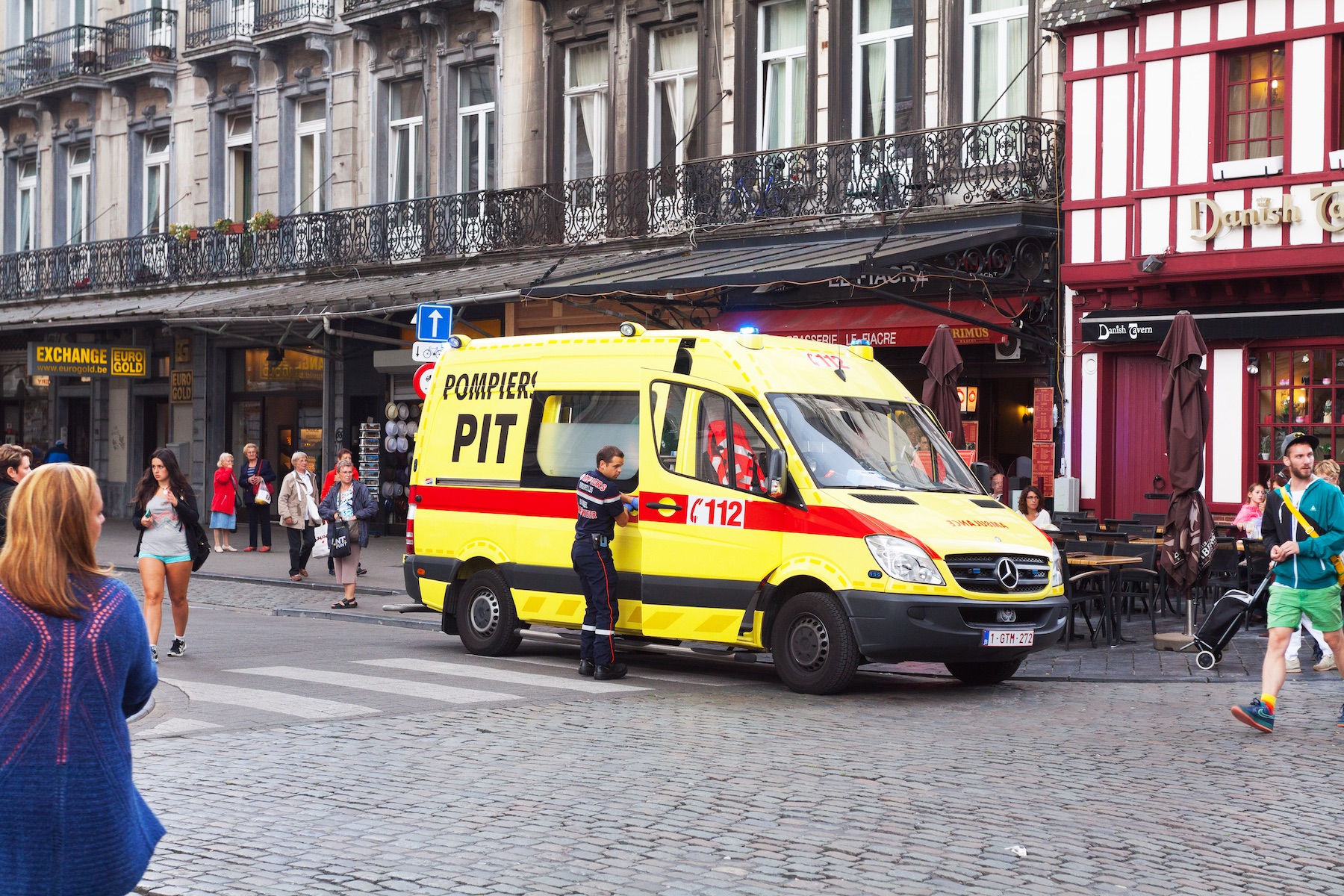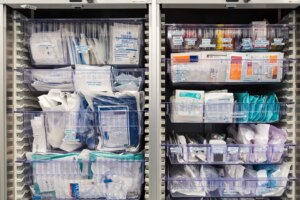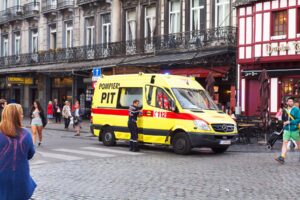Although the novel coronavirus in Belgium has been around for a while, it’s still a good idea to know what to do if you contract the virus, government recommendations, and where you can get a vaccine. Your public or private health insurance should cover you for treatment if you get sick, and vaccination is free and voluntary.
Read on for an overview of the COVID-19 situation in Belgium, including:
- COVID-19 in Belgium
- COVID-19 rules and measures in Belgium
- COVID-19 apps in Belgium
- COVID-19 testing in Belgium
- COVID-19 vaccinations in Belgium
- International travel during COVID-19 in Belgium
- Long COVID support in Belgium
- COVID-19 support for businesses, self-employed, and freelancers in Belgium
- COVID-19 and education in Belgium
- COVID-19 support for vulnerable people in Belgium
Business & Expats Health Insurance
Looking for expat-friendly health insurance in Belgium? Business & Expats Health insurance provides a dedicated service for families, individuals, and businesses moving to Belgium. With competitive benefits, expert advice, and fast reimbursements on all treatments, choose Business & Expats today.
COVID-19 in Belgium
As in most European countries, the coronavirus pandemic was confirmed to have reached Belgium in early 2020. Since then, subsequent waves have hit the country, and the government took measures to limit the spread and protect the healthcare system. The virus and measures taken have impacted almost all areas, including healthcare, education, family life, and entertainment. As of August 2022, Belgium has registered more than four million confirmed cases and over 32,000 deaths from the virus.
Several bodies have been leading the fight against COVID-19:
- The Belgian government
- FPS Public Health
- The National Crisis Center (NCCN)
- The national public health institute of Belgium (Sciensano)
- Other scientific groups and committees
Over the course of the pandemic, they have implemented several public health measures. For the latest news and developments, visit the Belgian government’s coronavirus website or your regional government’s COVID-19 pages.
COVID-19 rules and measures in Belgium
The Belgian government took its first measures against COVID-19 in January 2020, when they advised against non-essential travel to China. Until March 2020, the government’s recommendations were purely advisory. However, since that time, measures have included:
- Closure of schools, restaurants, cafés, nightclubs, and non-essential shops
- Cancellation of events and limits to household visitors
- Prohibition of non-essential travel and border closures
- Encouraging working from home
- Contact tracing, testing, and quarantine for people exposed to the virus, with isolation for positive cases
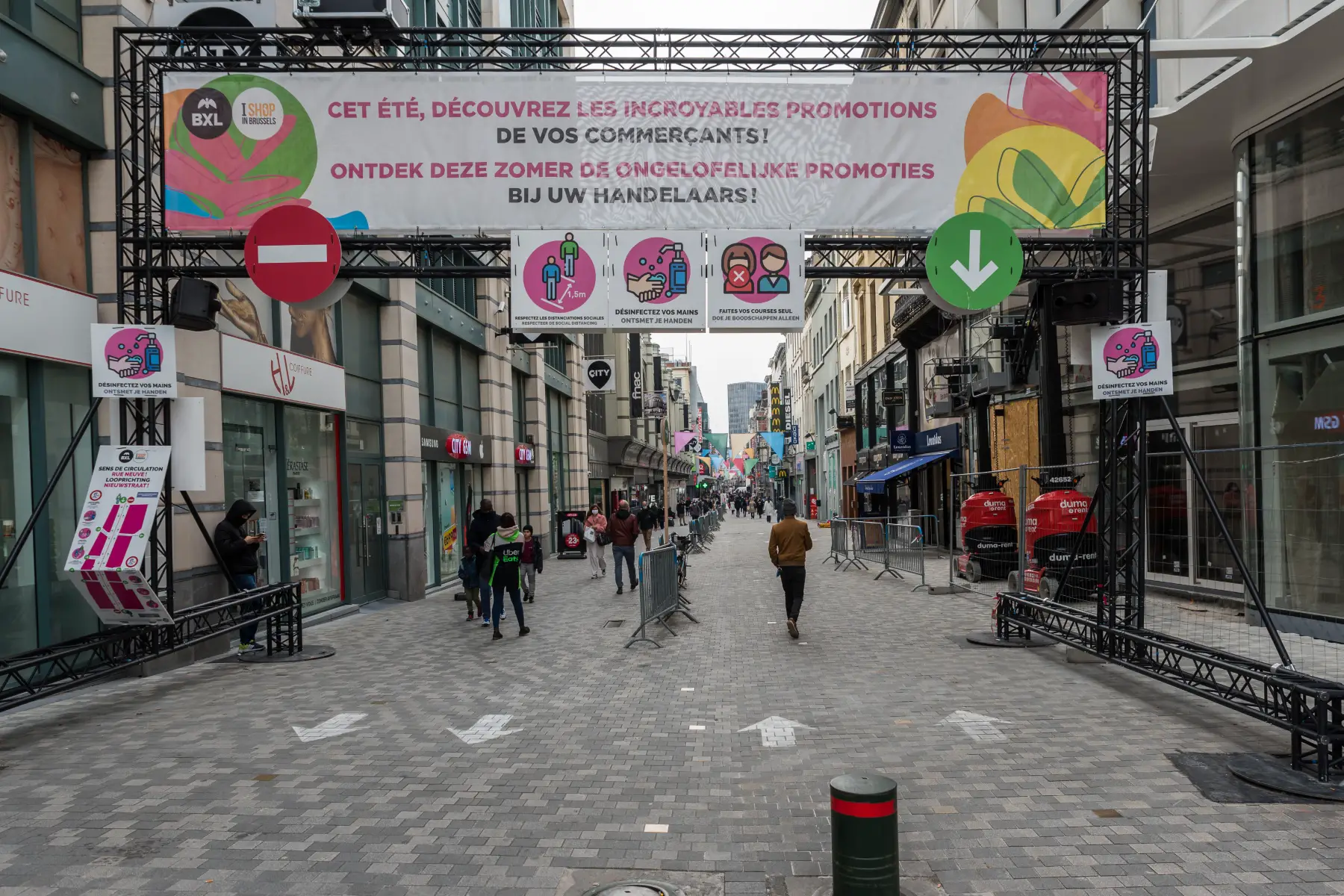
As of 2022, Belgium has very few rules that apply nationally. However, the FPS Health COVID-19 website recommends working from home, wearing a face mask on public transport, and taking a self-test (lateral flow) before meeting others.
Remember that rules can slightly differ from one region to another, so check the following regional websites for more specific rules related to your area:
COVID-19 apps in Belgium
Throughout the coronavirus pandemic, mobile apps have been used to try to limit the spread. GovApp, for example, aims to gather all coronavirus-related services in one place. It provides test bookings and alerts to those who have been in contact with a positive case. Previous apps included CovidSafe, which proved vaccination status or a negative test result for events and travel, and Coronalert, for contact tracing.
COVID-19 testing in Belgium
The Belgian government’s coronavirus information website lists symptoms as:
- cough
- shortness of breath
- fever
- muscle pain
- fatigue
- loss of sense of smell and taste
- stuffy nose
- sore throat
- diarrhea
If you display one or more of these symptoms, they require you to quarantine, stay home, and get a test. Belgium offers free PCR tests to anyone over six years old, which are carried out at a testing center or pharmacy. You can also pay to take a rapid antigen test, or lateral flow test, which can be carried out at a pharmacy, or you can administer yourself. In some cases, your insurer will cover the costs. Those who test positive must stay in isolation for at least seven days.
The government offers a questionnaire (in French, Dutch, or German) to determine whether you need a PCR test. You then need to request an online code, which you can obtain with an e-ID or Itsme. With this code, you can make an appointment, which you should bring your questionnaire to. You will receive your result through MyHealth (MaSanté, MijnGezondheid, or MeineGesundheit), Coronalert, or your GP.
To help you find a testing center, the Belgian government has published an interactive map and a list of locations. Most of these centers have websites where you can find out what types of tests they provide, opening hours, and options for testing children under six years old. In addition, if you need a PCR test for reasons other than symptomatic illness, such as travel or an event, there are payable tests available. You can access these through MyHealth.
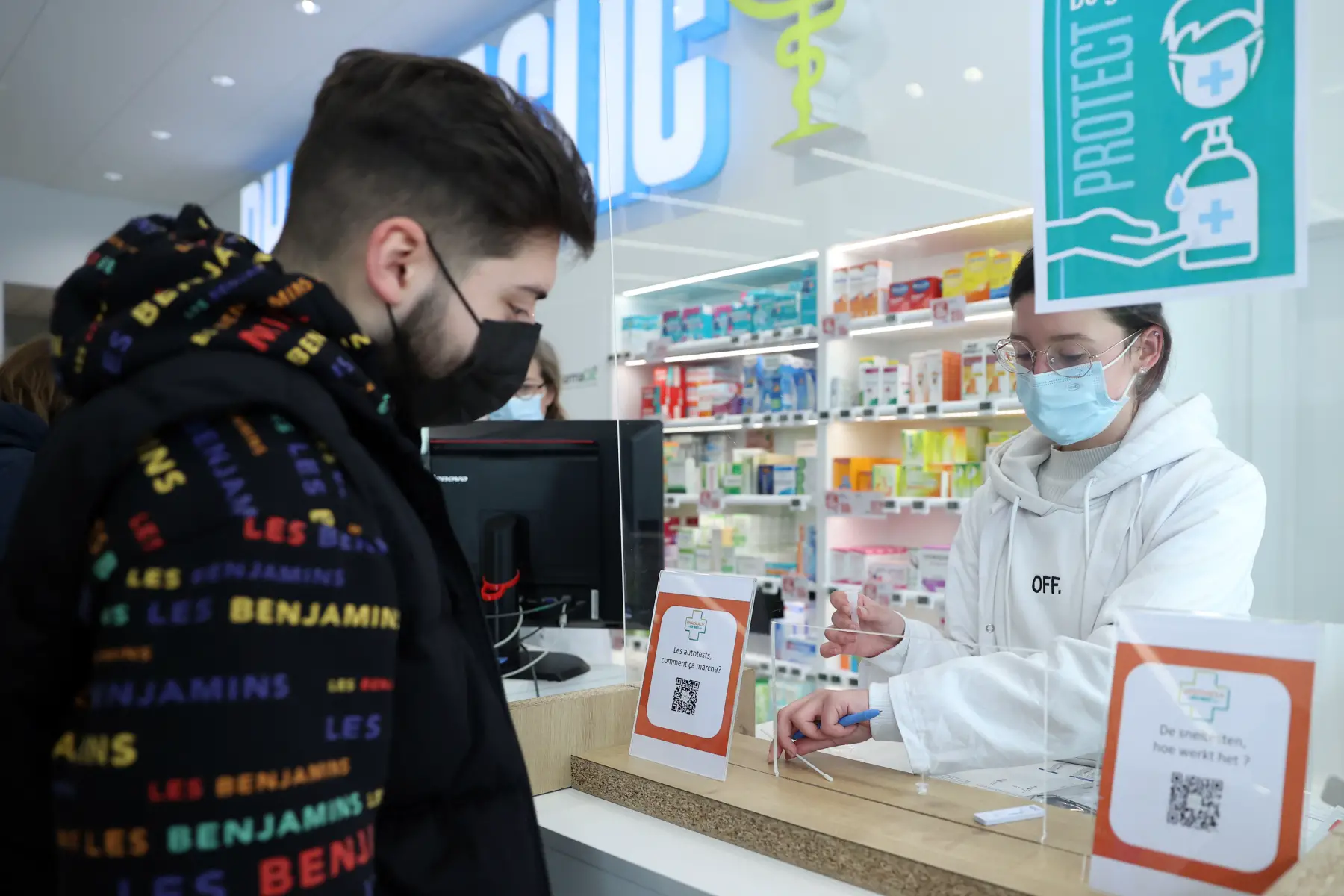
If you test positive for COVID-19 in Belgium
If you receive a positive result on a self-test, you should book a PCR test. You can find one through the above questionnaire, or call the testing center on 02 214 19 19. If you receive a positive result from this PCR test, the test center will begin contact tracing. You must also self-isolate for at least seven days.
If you are at risk of more severe COVID-19 due to an existing illness or pregnancy, consult a doctor. Should your condition deteriorate, and you are quickly getting out of breath, experiencing chest tightness, or losing consciousness, contact your GP or get in touch with an on-call doctor on 1733.
COVID-19 vaccinations in Belgium
The vaccination rollout in Belgium began at the end of December 2021. Since then, almost 80% of the Belgian population has received a full course, and 62% has had a booster dose. In addition, nearly 5% of the population has received a second booster dose. All adults in Belgium are eligible for a complete course of COVID-19 vaccines plus a booster dose, and from August 2022, the government will provide a second booster to all adults, beginning with at-risk groups.
COVID-19 vaccinations are available for:
- Anyone aged 12 or over living in Belgium
- Those living abroad but who carry out economic activity in Belgium
- Belgians residing abroad
- Groups who are difficult to reach – these people receive their vaccine through aid organizations.
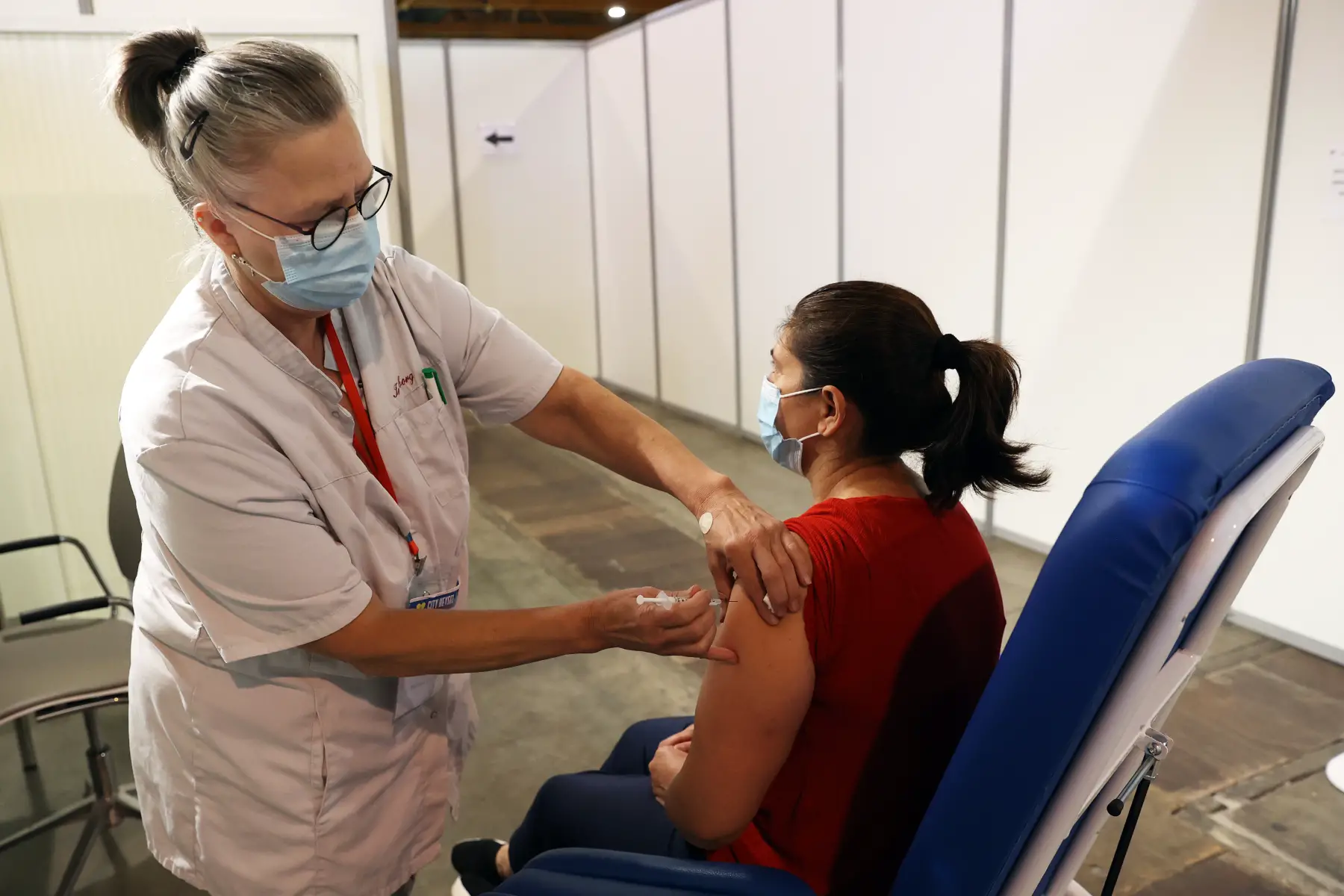
Belgium currently has six approved COVID-19 vaccines, all of which have also been approved by the European Medicines Agency (EMA):
- Pfizer/BioNTech (Comirnaty)
- Moderna
- AstraZeneca and University of Oxford (Vaxzevria)
- Janssen (Johnson & Johnson)
- Novavax
- Valneva
In some cases, you may be able to choose which vaccination you have, but most centers offer Pfizer or Moderna. Vaccination against coronavirus in Belgium is voluntary and free to all residents over the age of 5, although some centers only provide it to people over 12, so check ahead of time.
Getting a COVID-19 vaccine in Flanders
In Flanders, those who wish to receive a vaccine need to contact a vaccination center (vaccinatiecentrum). All adults have received an invitation in the post or online – you can find an electronic version on Mijn Burgerprofiel. This invitation suggests a time for your appointment(s), but should you not be able to attend, you can change the time online or by telephone. It is also possible to have the vaccine at home if medical reasons prevent you attending.
After having the vaccination, it will be registered in the Flemish government’s digital registration system. You will receive a card with your vaccination details, and you can check these on MyHealth. If you have lost your vaccine invitation, call 1700, and the Flemish government can make you a new one.
Getting vaccinated in the Brussels-Capital Region
In Brussels, everyone over 16 can get vaccinated against COVID-19 without an appointment. If you are keen to make an appointment anyway, you can do so via BruVax or by calling 02 214 19 19. Places that offer the vaccine include GPs, pharmacies, hospitals, and medical centers – Brussels’ coronavirus website has a map showing where you can get vaccinated with and without an appointment.
Getting a COVID-19 vaccine in Wallonia
If you live in Wallonia, you may receive a COVID-19 vaccination at a designated center, doctor’s office, or participating pharmacy. When booking an appointment, you will need the code you received with your invitation (if you have lost this, you can view it on MyHealth or call 071 31 34 93). You can book an appointment via Doclr or by calling 071 31 34 93. You can find a map of vaccination centers on jemevaccine.be.
Receiving a vaccination in the German-speaking community
Those living in the German-speaking community in Belgium should have received an invitation for vaccination by post, text message, or email. This invitation contains a code you can use to make your appointment. You can make your appointment by Doclr or by calling 0800 23 0 32. You will usually be able to choose the date and receive an e-ticket, which you need to show on your phone or as a printout at your appointment.
International travel during COVID-19 in Belgium
Over the course of the COVID-19 pandemic, travel restrictions have been introduced and lifted. Currently, travelers do not need to provide any evidence of their vaccination, recovery, or negative test to enter Belgium. However, it is worth checking the Re-open EU website before traveling to stay up-to-date with requirements. FPS Foreign Affairs also provides information about traveling from Belgium on its website.
Long COVID support in Belgium
Unfortunately, many people who contract COVID-19 suffer debilitating symptoms long after catching the virus. This condition is known as Long COVID, and one in seven coronavirus patients in Belgium is thought to have it. Symptoms include excessive fatigue, memory and concentration problems (‘brain fog’), and shortness of breath. The Belgian Health Care Knowledge Centre (KCE) monitors the situation and publishes reports on the condition.
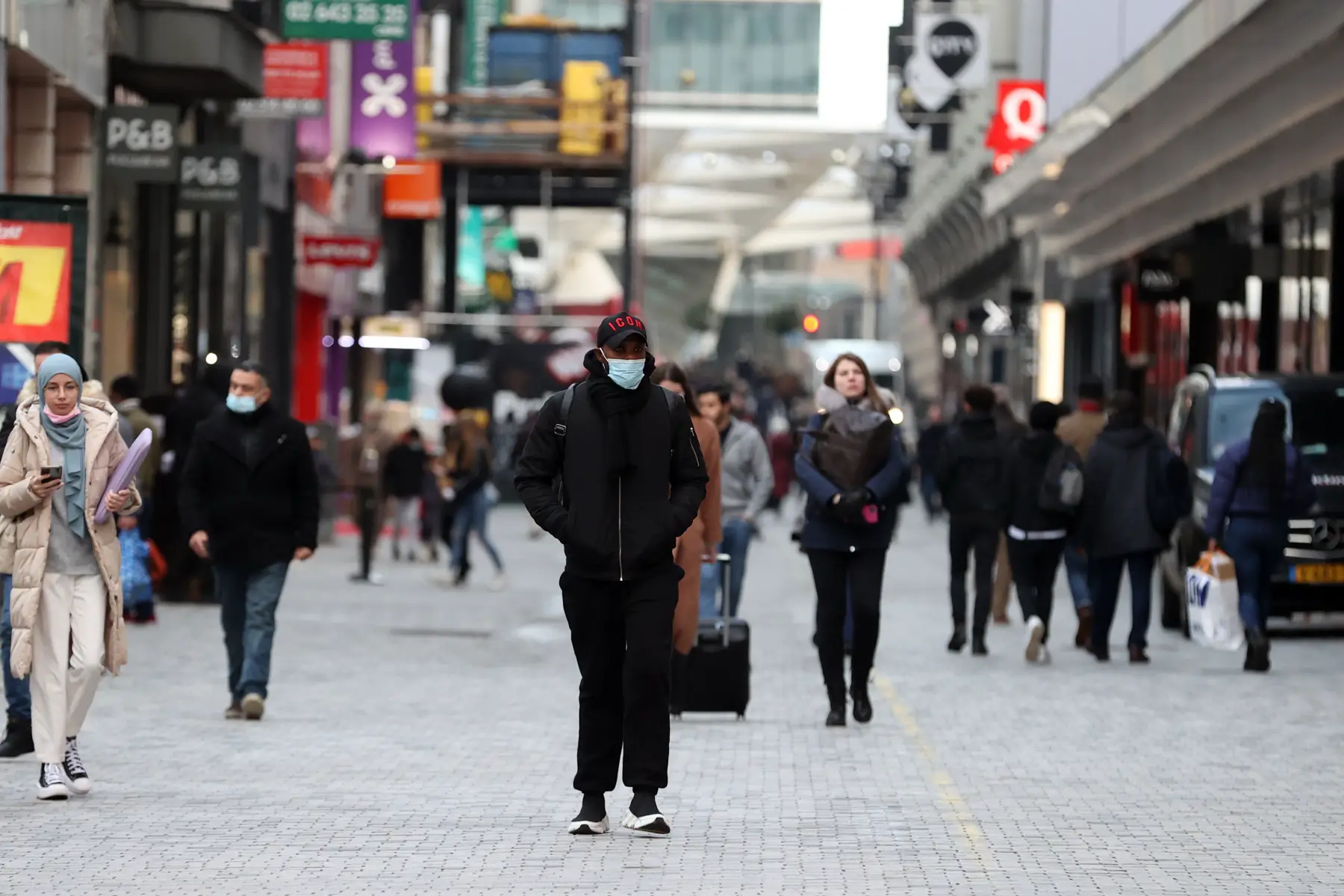
As many people with Long COVID find that it limits their daily life, it’s important to find support. Your GP may be able to refer you to the help and healthcare you need, such as a physiotherapist or a psychologist. Little is known about Long COVID, so some patients find the healthcare response lacking. Several communities and organizations offer online support to people living with the condition, which might alleviate worries and give you ideas for managing symptoms. In Belgium, these include:
- Long COVID Europe – a Europe-wide network that aims to promote the recognition of Long COVID, encourage funding for research into the condition, and support those who need rehabilitation.
- Covid long, nous existons Belgique (Wallonia) – a private Facebook group sharing information about the fight against Long COVID.
- Post-COVID gemeenschap (Flanders) – strives towards recognition and research into Long COVID, as well as supporting patients.
COVID-19 support for businesses, self-employed, and freelancers in Belgium
Although Belgium no longer places restrictions on businesses, support is available for those who may have lost income due to enforced closure. Much of this has now ended, but you can find a full database of support measures on Eurofound. In addition, several organizations can advise you if COVID-19 has impacted your business activity:
- hub.brussels – Brussels Agency for Business Support offers a wide range of free advice, services, and tools.
- Flanders Innovation & Entrepreneurship – a contact point for entrepreneurs in Flanders.
- Midas – information on public incentives for companies in Wallonia.
COVID-19 and education in Belgium
During the pandemic, Belgium has faced closures of schools, colleges, and universities. Although distance learning continued online, it is thought that students have fallen behind in their education by about six months. It has also led to deepening inequality.
Schools in Belgium are now open as usual, but there are some measures. For example, although children do not have to wear a mask, they may do so. In addition, Belgian schools have CO2 monitors installed in classrooms to ensure good quality air and ventilation. They also require infected children to stay at home.
COVID-19 support for vulnerable people in Belgium
Vulnerable groups who might need extra attention include:
- People over 65; diabetics (type 2), in combination with obesity or problems with heart, lungs, or kidneys.
- People with heart, lung, or kidney disease.
- People with a weakened immune system.
Currently, these groups are advised to wear a high-quality mask such as an FFP2 when coming into contact with others. They are also prioritized for booster doses of the vaccine.
Although earlier in the pandemic, volunteer groups such as Hulp voor Helden and Vlaanderen Helpt offered support to vulnerable groups who were unable to leave their house, these initiatives are generally no longer in action. That said, if you need help at home, you can find examples on Vlaanderen.be (Flanders – link in Dutch) or Belgium.be (all regions – link in French).
